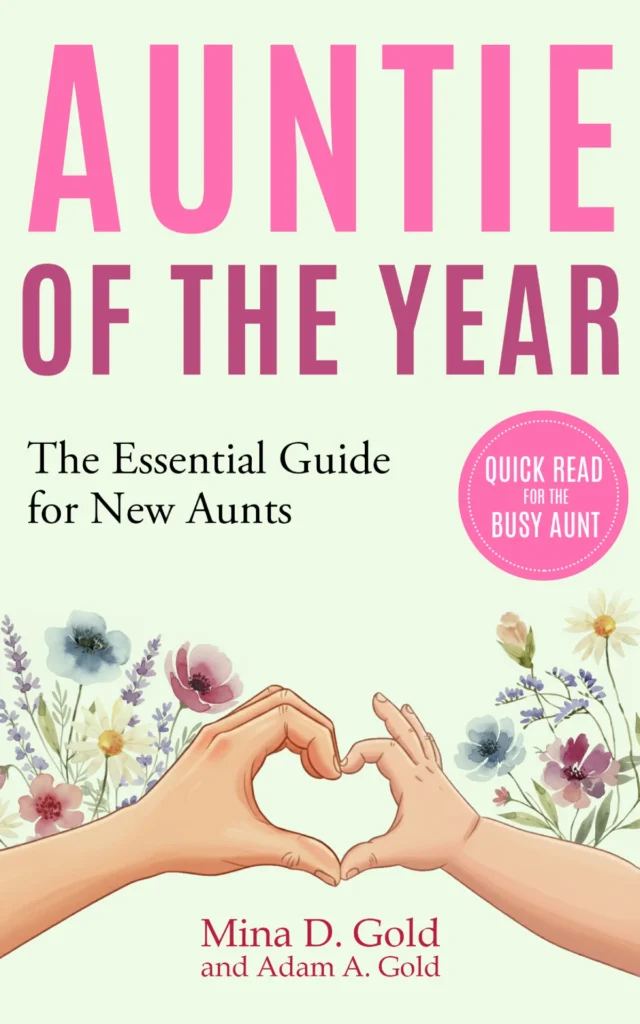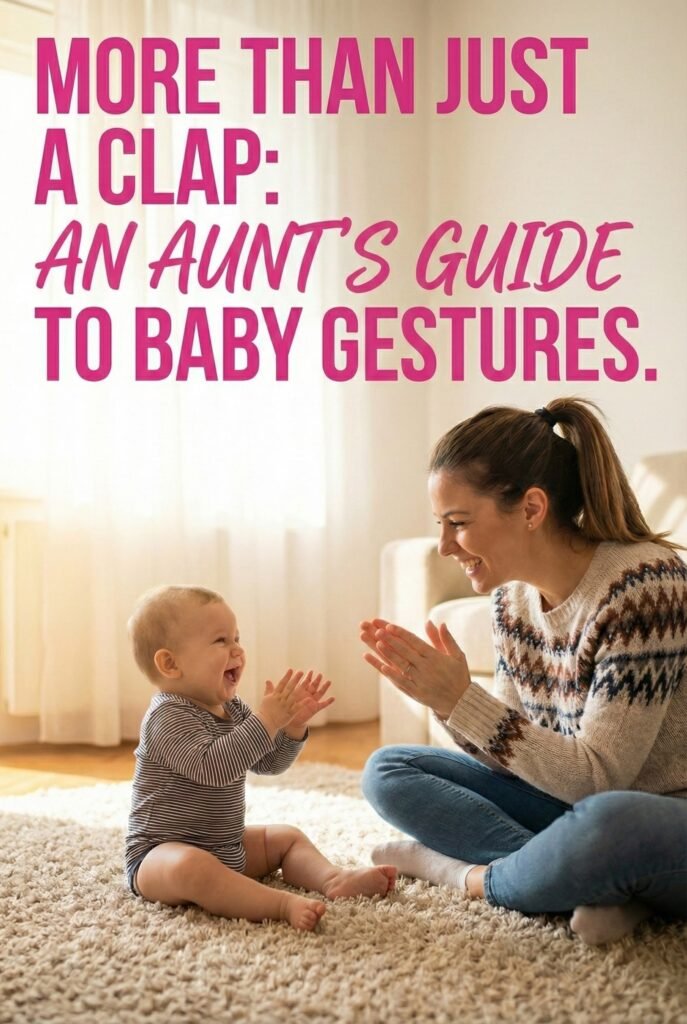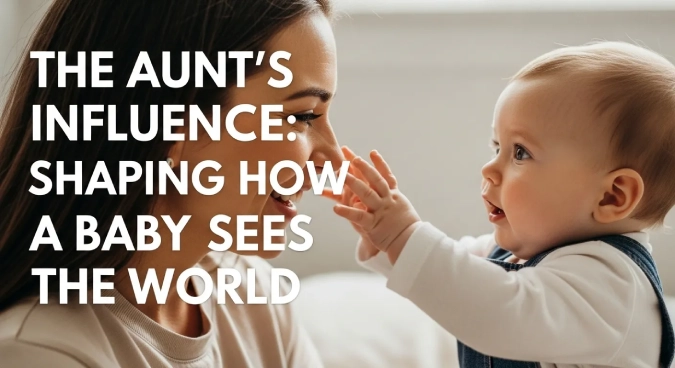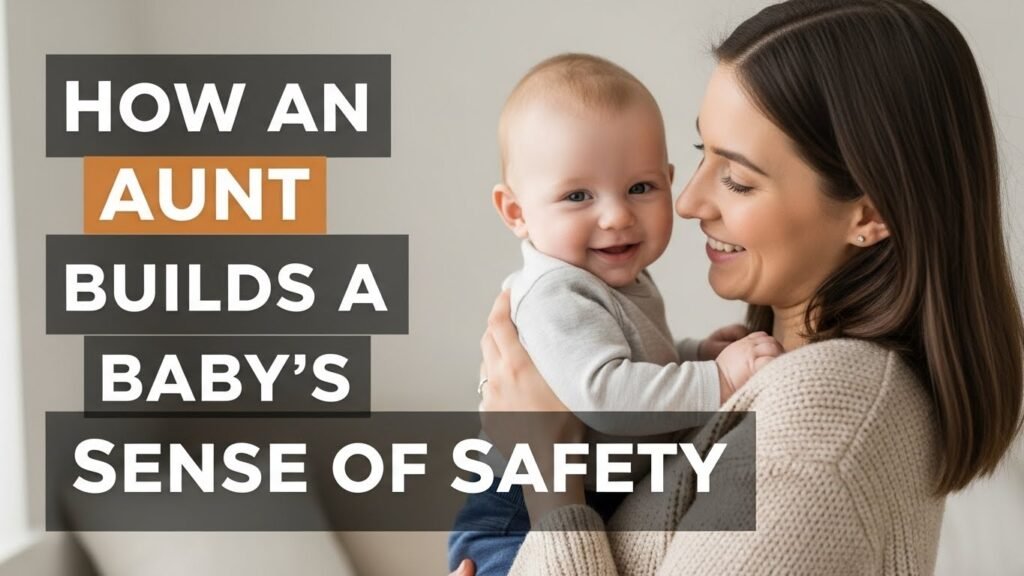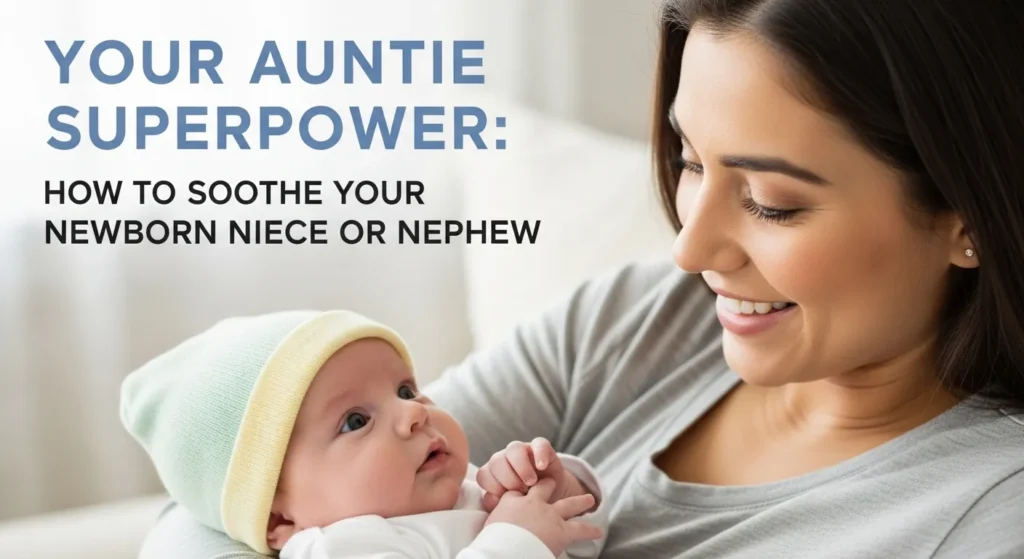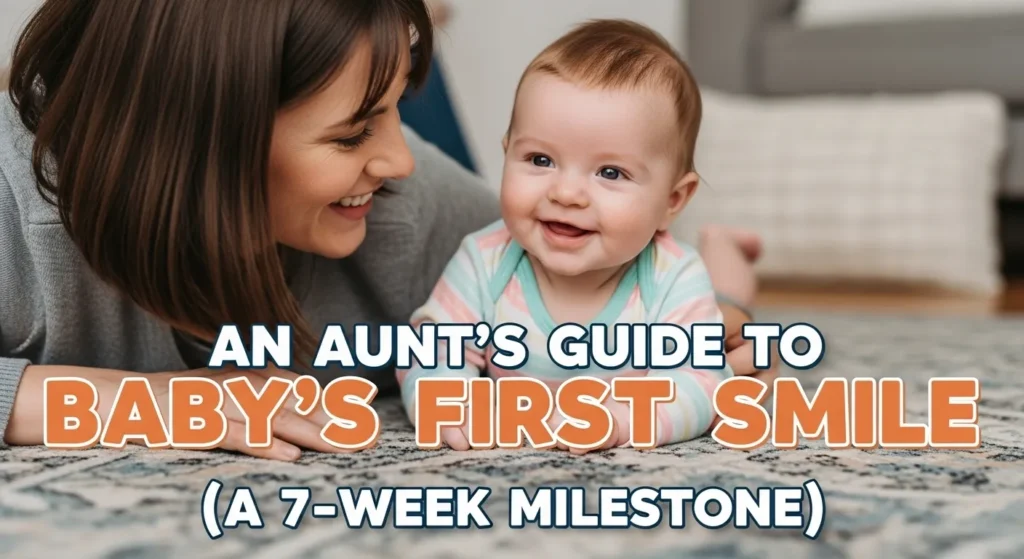
Your little niece or nephew is on the verge of toddlerhood, and suddenly, they seem to understand so much more. You wave goodbye as you leave, and this time, a tiny hand waves back. You ask them where their nose is, and a chubby finger points in the right direction. It feels like you are finally speaking the same language.
These new skills, like clapping, waving, and pointing, are not just cute party tricks. They are a sign of a huge cognitive explosion. As an aunt, you are perfectly positioned to help them navigate this explosion. In this aunt guide to baby gestures, we’ll explore what your almost-toddler is really trying to tell you and how you can help them build these amazing new skills.
From Observer to Active Communicator
This is the moment when the baby transforms from a passive observer into an active communicator. They are now using their hands and their voice to intentionally interact with you, share their excitement, and show you what they understand about the world.
The baby is now connecting words and actions to actual meanings, which is a massive leap forward. As I explore in my book, Auntie of the Year, this is a stage of both communication and growing independence:
“They recognize simple words, wave, clap, and explore more independently while still needing your comfort.”
This is the beautiful paradox of this age. They are becoming their own little person with their own thoughts, yet they are still deeply reliant on you for security. The waving and clapping are their first real attempts to participate in social rituals, while their independent exploration is their first step toward becoming a toddler.
4 Games to Build Their Vocabulary
The best games are simple, repetitive, and involve a lot of happy interaction from you. Your enthusiastic reactions will motivate them to keep practicing their new communication skills. Your main goal is to be a fun and encouraging conversation partner.
Here are four simple ways to play:
- Read Picture Books Daily: Point to the pictures and name them clearly. Ask simple questions like, “Where is the doggy?” and give them a moment to point. This is one of the best ways to build their vocabulary.
- Master the Classics: This is the perfect age for songs and games with hand motions. “Pat-a-Cake,” “The Wheels on the Bus,” and “If You’re Happy and You Know It (Clap Your Hands!)” are all huge hits for a reason.
- Be a Waving Champion: Make waving a big part of your routine. Wave hello when you arrive and wave goodbye when you leave. As experts at Zero to Three explain, the more they see these social cues, the more they understand the connection behind them.
- Narrate Your Day: Talk to your niece or nephew about what you are doing, even if it feels silly. Say things like, “I am putting on your red socks now,” or “Let’s get the big, yellow banana.” This stream of language is how they connect words to objects.
How Talking Changes Your Bond
Your bond deepens because you can now share experiences in a brand new way. You are no longer just guessing what they are thinking. They are starting to tell you, which moves your relationship from one of pure caregiving to one of true companionship.
When your nephew points to a dog and babbles excitedly, and you respond with, “Yes, that’s a big, fluffy doggy!” you are sharing a moment of mutual understanding. You are connecting over a shared interest. You are transitioning from the role of a loving comforter to the role of a fun and trusted teacher (a role we touched on in An Aunt’s Guide to Your Giggling, Cooing, Social Baby.
Frequently Asked Questions
When do most babies say their first real word?
While you might hear a lot of “mama” and “dada” babbles around this time, the first meaningful, intentional word usually appears anywhere between 10 and 14 months. There is a very wide range of what is normal.
Should I use “baby talk” or real words?
A mix of both is actually best. That high-pitched, sing-song voice that people naturally use when talking to a baby is great for getting their attention and showing affection. However, when it comes to the words themselves, it is most helpful for their learning to use real, simple words. For example, it is better to say “Here is your bottle” instead of “Here is your ba-ba.” So the simple rule is: use a playful tone with real words.
My niece has started pointing at everything. What does this mean?
Pointing is a huge communication milestone. It is her way of saying, “Hey, look at that thing over there with me!” When she points, she is actively trying to get your attention and share an observation with you. The best thing you can do is look where she is pointing and talk about what you see.
Get the Complete Guide
Loved this post? Get the full guide to bonding with your new niece or nephew in Auntie of the Year.

